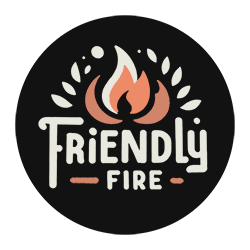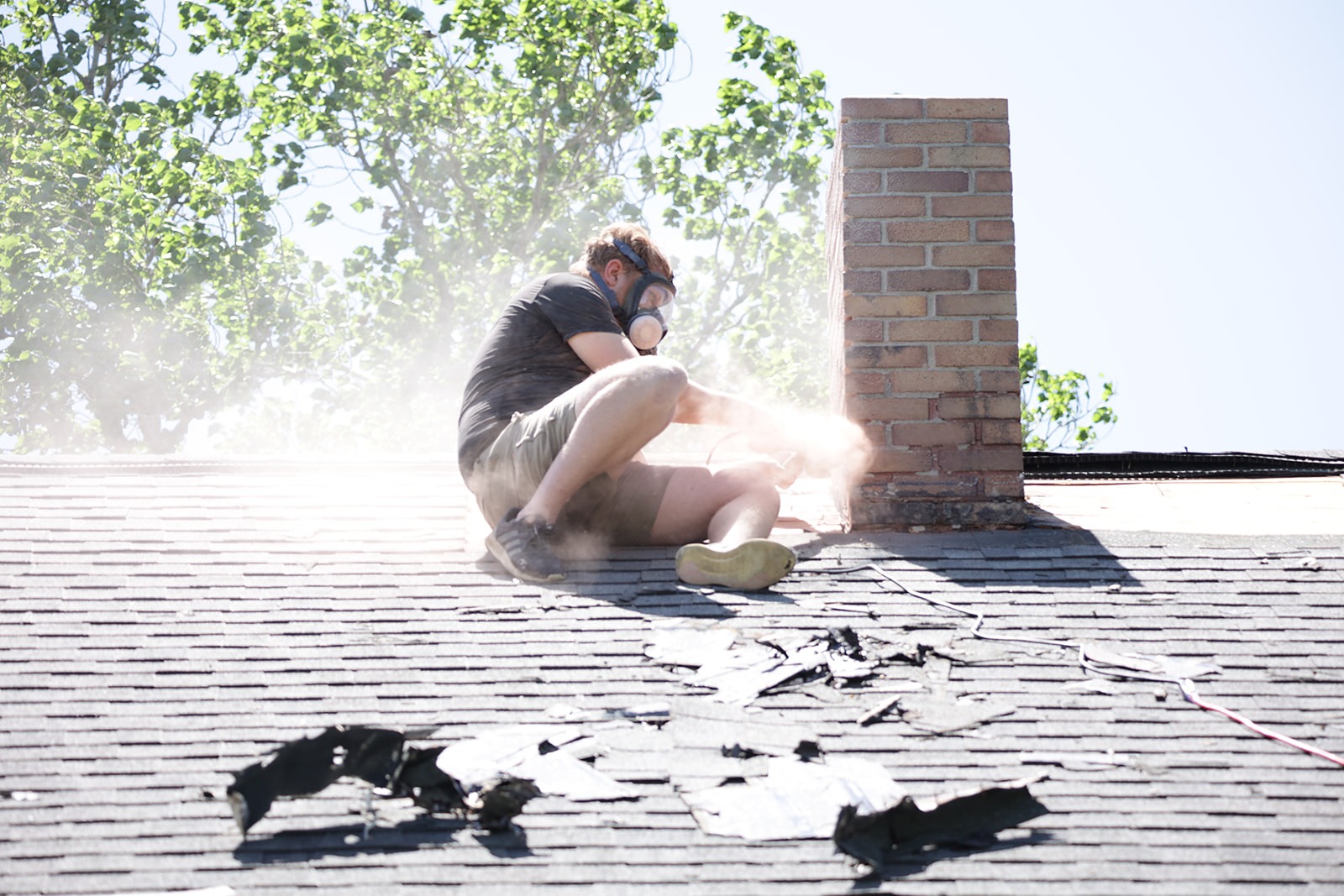Why Do I Need to Have My Chimney Swept?
A fireplace can be the heart of a home, providing warmth, ambiance, and a gathering place for family and friends. However, if not properly maintained, it can also pose serious risks. One of the most important aspects of fireplace maintenance is regular chimney sweeping. Many homeowners underestimate the significance of this task, but failing to clean your chimney can lead to dangerous conditions, including chimney fires and carbon monoxide poisoning.
In this resource, we will explain the importance of chimney sweeping, supported by recommendations from the Chimney Safety Institute of America (CSIA) and the National Fire Protection Association (NFPA). We’ll also outline how neglecting this crucial task can impact your home’s safety and efficiency.
What Is Chimney Sweeping?
Chimney sweeping involves removing soot, blockages, and creosote that build up over time from burning wood, coal, or other materials in your fireplace. This task should be performed by a certified professional to ensure that the chimney is completely clean and free of dangerous materials.
What Is Creosote and Why Is It Dangerous?
Creosote is a tar-like, highly flammable substance that forms as a byproduct of burning wood. Over time, it accumulates on the inner walls of your chimney. If the buildup becomes thick enough, it can catch fire and cause a chimney fire, which could spread to the rest of your home. According to the NFPA, nearly 30% of heating-related fires are due to the failure to clean chimneys.
Why Chimney Sweeping Is Necessary
1. Prevent Chimney Fires
The most important reason to have your chimney swept regularly is to prevent chimney fires. Creosote, soot, and other blockages like animal nests can ignite if left unchecked. The NFPA 211 Standard for Chimneys, Fireplaces, Vents, and Solid Fuel-Burning Appliances strongly recommends annual chimney inspections and cleanings. Chimney fires can reach temperatures up to 2,000°F, easily spreading to flammable parts of your home.
Supporting Data:
- The CSIA states that a thin layer of creosote as small as 1/8 inch is enough to cause a chimney fire.
- According to the NFPA, there are over 25,000 chimney fires in the U.S. each year, resulting in approximately $125 million in property damage.
Regular sweeping can dramatically reduce this risk and give homeowners peace of mind, knowing their chimneys are safe for use.
2. Improve Energy Efficiency
A clean chimney allows smoke and combustion gases to properly exit your home, ensuring better airflow. When a chimney is blocked or coated with soot, it disrupts the fireplace’s efficiency. A poorly maintained chimney means your fire may not burn as efficiently, wasting more fuel and producing less heat.
3. Avoid Carbon Monoxide Poisoning
One of the most dangerous consequences of a blocked or dirty chimney is the risk of carbon monoxide (CO) poisoning. CO is a colorless, odorless gas that can be lethal in large quantities. If your chimney is obstructed by creosote, soot, or animal nests, this poisonous gas can be forced back into your living space.
NFPA Recommendation:
The NFPA 211 recommends regular chimney inspections to ensure proper ventilation and reduce the risk of carbon monoxide poisoning.
4. Prolong the Life of Your Chimney
Over time, creosote buildup can become corrosive, especially if moisture gets into the chimney. This can lead to expensive damage, including cracks in the chimney liner or masonry. Regular chimney sweeping not only prevents creosote buildup but also allows for timely identification of structural issues before they become major problems.
5. Ensure Proper Ventilation
A properly swept chimney ensures that smoke, ash, and gases are vented safely out of your home. A blocked or dirty chimney restricts airflow, which can cause smoke to back up into your house, leading to unpleasant odors and soot staining. Regular chimney cleaning ensures that the ventilation is working properly, keeping your home smoke-free.
6. Meet Insurance and Safety Standards
Many homeowners’ insurance policies require regular chimney inspections and cleanings to maintain coverage in case of a fire. Failing to maintain your chimney could void your insurance policy, leaving you vulnerable in the event of a chimney fire or another issue.
How Often Should You Have Your Chimney Swept?
The frequency of chimney sweeping depends on how often you use your fireplace. The CSIA recommends that chimneys, fireplaces, and vents be inspected at least once a year for soundness, freedom from deposits, and correct clearances.
The Importance of Hiring a Certified Professional
While DIY chimney cleaning kits are available, they do not provide the same level of safety and thoroughness as a professional chimney sweep. Certified chimney sweeps adhere to NFPA and CSIA standards, ensuring that your chimney is cleaned safely and effectively.
When selecting a chimney sweep, be sure to choose one certified by the CSIA. The CSIA certification guarantees that the sweep has been properly trained and tested on industry standards, including chimney inspection, cleaning, and fire prevention.
Chimney Sweeping as a Cost-Effective Investment
The cost of hiring a professional chimney sweep is relatively low compared to the potential expense of dealing with a chimney fire or structural damage. On average, a chimney cleaning costs between $150 and $350, depending on the condition and height of the chimney. This small investment can help you avoid much larger costs down the road, such as chimney repairs, smoke damage, or medical expenses related to carbon monoxide poisoning.
Final Thoughts: Protect Your Home with Regular Chimney Maintenance
In conclusion, having your chimney swept regularly is a vital part of maintaining a safe, efficient, and enjoyable fireplace. From preventing fires to improving energy efficiency, a clean chimney benefits both your home and your family’s health. Follow the guidelines set by the NFPA and CSIA, and make sure to schedule an annual inspection and sweeping with a certified professional.
By staying proactive, you’ll not only prolong the life of your chimney but also protect your home from the dangers of chimney fires and carbon monoxide poisoning.
Trusted Sources
- Chimney Safety Institute of America (CSIA)
- National Fire Protection Association (NFPA)
- National Chimney Sweep Guild (NCSG)
- HomeAdvisor: Cost of Chimney Cleaning

